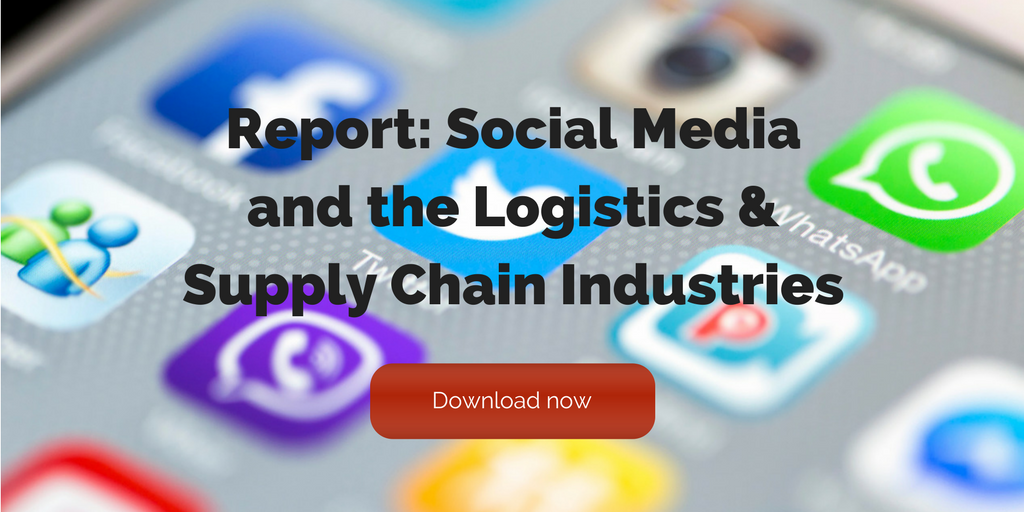5 Things to Do Before Starting an Influencer Marketing Campaign
Ask yourself these five questions before you dive headfirst into an influencer marketing campaign to set you on the right path.
We’ve been writing a lot lately about influencer marketing and how it can work for the supply chain. These campaigns can be extremely effective — but getting the most bang for your buck requires a strategic approach from the outset.
Before you start an influencer marketing campaign, ask yourself these 5 questions.
5 questions to ask before starting an influencer marketing campaign
1. Why do I want to use influencers?
According to Natasha Lekwa, influencer marketing and social media editor at Snapchat, it’s important to “make sure you have a clear idea why you want to use influencers.” Answers might include boosting brand awareness, gaining followers, or increasing sales, to name a few. But each of these answers will lead you to a different strategy.
Being fully and deliberately aware of why you’re embarking on a campaign will help you set key performance indicators, determine your audience, and “envision what success will look like at the end of the campaign.” You’ll also be able to choose strategically the best platform to use, based on your content and target demographic.
2. Who are my influencers?
It may seem obvious, but you’d be surprised how often businesses dive into an influencer marketing campaign without having fully identified key influencers in their sector.
Lekwa suggest using hashtags to search Instagram for appropriate influencers and advises not just focusing on the obvious influencers in your industry. In fact, exploring influencers in other related industries can help expand your reach.
3. Who are my micro-influencers?
[bctt tweet=”Micro-influencers can give you a much higher ROI than big stars, and audience engagement tends to get higher as social niches get narrower.” username=”Fronetics”]
So you’ve identified your major influencers. Now you can start thinking about your “micro-influencers,” those with 10K to 100K followers. “Micro-influencers can give you a much higher ROI than big stars, and audience engagement tends to get higher as social niches get narrower,” Lekwa says. And since engagement is the name of the game when it comes to any kind of social media marketing, micro-influencers can be enormously valuable.
4. What are your terms?
Since influencers tend to be content creators at heart, they often have plenty of great ideas. But it’s important that your goals are transparent and aligned.
“It’s important to be on the same page,” says Lekwa. “Having a clear contract that spells out what each side will execute will help manage expectations for both your team and for the influencer.” In fact, Lekwa points out that influencers generally appreciate having guidelines and “the big conceptual themes of a campaign handed to them.”
5. What is my own value?
Approaching influencers can be intimidating. As Forbes writer Andrey Slivka points out, “As you might expect from people who get deluged with free stuff, influencers can be hard to impress.” This means you need to be clear and specific when you approach them about what you have to offer.
“Especially with micro-influencers, who are building their brands, what you offer doesn’t always have to be monetary,” Lekwa says. Often, brands can offer influencers exposure, the prestige of having their own brand associated with a larger business, or the resources to improve their content production.
Influencer marketing can be daunting at first, but it’s a powerful tool of the supply chain. If you lay the right foundation, an influencer marketing campaign has the potential to expand your brand’s reach exponentially.
Related posts:
- Content Marketing Trends for 2018 Supply Chain & Logistics Marketers Need to Know
- Infographic: Influencer Marketing and the Supply Chain
- 3 Tips for Creating an Influencer Marketing Strategy for the Supply Chain




